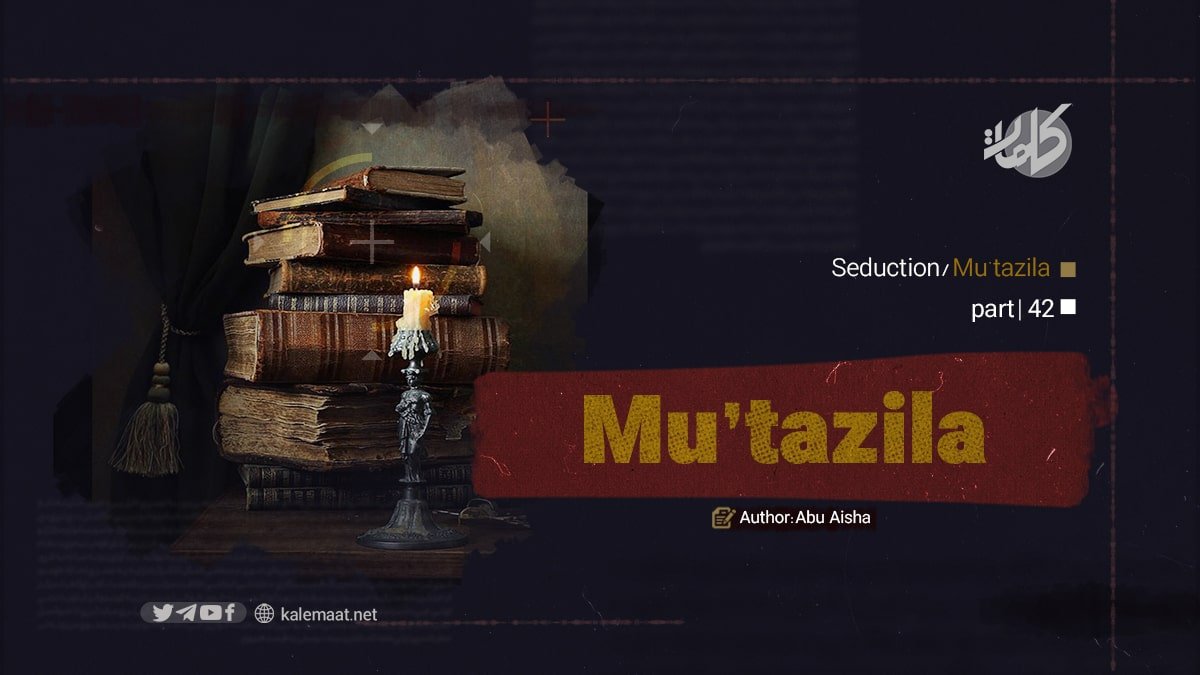Author: Abu Aisha
Mu’tazila (part 42)
Ahl al-Sunnah’s viewpoint
Ahl al-Sunnah wa Jama’ah believe that one of the conditions for Imamate is Qureshi; It means that the imam must be from the Quraysh tribe.
The majority of Ahl al-Sunnah wa Jama’ah scholars believe that this condition must and must exist, and in this regard, a consensus has been reported from the Companions and followers, and this is also the opinion of the four Imams.
It is stated in the description of Nasfiyyah’s beliefs: “It is no longer the Imam of Qureshi and no other than them; Of course, the Imamate is not reserved for Bani Hashim and the children of Hazrat Ali, may Allah be pleased with him.
Reasons of Ah-Al-Sunnah
Ahl al-Sunnah and Jama’ah have used three sources to prove the issue of Imamate and Qureshiness of the Imam, each of which is explained in detail below:
Hadiths of the Prophet, (PBUH)
The Messenger of Allah, PBUH, said: ” «الأئمة من قریش»; (Imams are from Quraysh.)
Here Alaf (ا)-شدی lam (ل) [in al-Imam] is for Istigاraq, which means that all imams are from Quraish.
Imam Razi, may Allah have mercy on him, believes about this hadith: It does not matter whether the meaning of this hadith is an order or a mere report, this hadith prevents the imam from being a non-Quraysh, the hadith is proof that the great imam and emir must be from Quraysh.
Imam Suyuti, may Allah have mercy on him, in his book “History of the Caliphs” in the topic«فی بیان أن الأئمة من قریش والخلافة فیهم» stated several reasons from hadiths, which we will state below:
The Messenger of Allah, PBUH, said: “Imams are from Quraysh as long as they observe justice in their rulings and fulfill their promises and show mercy and compassion to people in the time of mercy and compassion.”
The Messenger of Allah, PBUH, said: “Kingship is among the Quraysh, and the judgment among the Ansar and the responsibility for the call to prayer (Azan) is in the hands of the people of Abyssinia, and the trust in Azd, that is, [the trustworthiness of the people] is in Yemen.”
The Messenger of Allah, PBUH, says: “The caliphate is among the Quraysh, the ruling is with the Ansar, and the responsibility of calling to the prayer is with the people of Abyssinia.”
In another place, he says: “The rulers are from Quraysh, their righteous rulers are the virtuous rulers, and their sinners are the rulers of their sinners.”



